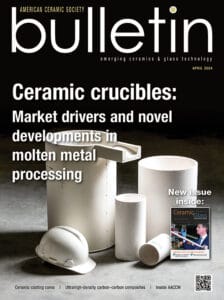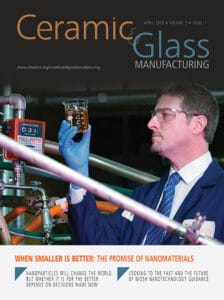 Jaw-Shen Tsai was born in 1952 in Taipei. He graduated from department of physics of University of California at Berkeley in 1975 and subsequently received his Ph.D. in Physics from State University of New York at Stony Brook. His research life has been devoted to the study of macroscopic quantum effect in superconductors, especially which associated with Josephson junctions. He has contributed to the area of condensed matter physics in both fundamental physics and their technological potential. He led the Josephson junction based qubit project at NEC Tsukuba laboratory for many years.
Jaw-Shen Tsai was born in 1952 in Taipei. He graduated from department of physics of University of California at Berkeley in 1975 and subsequently received his Ph.D. in Physics from State University of New York at Stony Brook. His research life has been devoted to the study of macroscopic quantum effect in superconductors, especially which associated with Josephson junctions. He has contributed to the area of condensed matter physics in both fundamental physics and their technological potential. He led the Josephson junction based qubit project at NEC Tsukuba laboratory for many years.
Tsai is also the Laboratory Head of Macroscopic Quantum Coherence Research laboratory in RIKEN Center for Quantum Computing. Since 2015, he is professor of physics at Tokyo University of Science. He has been working on the experiments connected quantum coherence in the Josephson systems. In this direction, his group has been pioneering the science and technology of superconducting quantum computing by demonstrating the first solid-state based qubit (1999), the first solid state CNOT gate (2003), a universal quantum gate operation (2007). Moreover, many important results relating to the quantum optics with artificial superconducting atom were demonstrated. He received Nishina Memorial Prize in 2004, Simon Memorial Prize in 2008, Leo Esaki Prize in 2014, Medal with Purple Ribbon in 2018, and Asahi Prize in 2021. He is a fellow of American Physical Society and a fellow of Japan Society of Applied Physics.
Abstract
Title: Superconducting quantum computer and its future issues
Superconducting qubit technology is arguably the most advanced platform for the quantum computer. In recent years, commercial superconducting quantum computers and quantum annealers have already started to serve the general public. However, to further scale up the performance, there still exist many important issues for superconducting quantum system. It is crucial to improve the accuracy of the gate operations, and in this direction, further increase in the coherence time of the qubit is important. Coherence time is strongly influenced by the environments surrounding the superconducting qubit such as surface of substrate and qubit itself, and optimizations of these surface material/processing issues would be of vital importance. The further integration of the number of the qubits on a chip is required for practical quantum computers. The wiring and packaging of the integrated qubit chip is one of the challenging problems in the scaling of the quantum system. Currently, the difficulty is dealt with sophisticated 3D wring technologies. The recently proposed micro architecture that utilizes a seudo-2D wiring network might be able to help circumvent the hurdle.
Subscribe to Ceramic Tech Today

Don’t miss the latest ceramic and glass materials news. Receive the CTT newsletter to your email three times a week by subscribing at this link.
Subscribe to Ceramic & Glass Manufacturing Weekly

Don’t miss the latest ceramic and glass business news. Receive the C&GM Weekly newsletter to your email every Monday by subscribing at this link.


